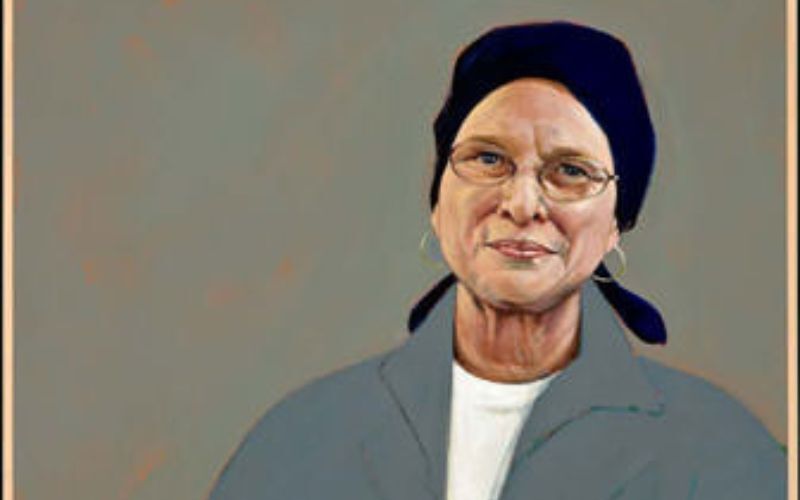Advocate for the Homeless, Activist against the death penalty, Peace Activist (1948- )
The flagrant destruction of the earth and its precious resources and the destruction of human hope and human dignity are part of the same death-dealing spirit that says: Serve yourself. Take what's yours and then get yourself a gun and an insurance policy to protect it. Use up whatever you want right now and let someone else worry about tomorrow.
Biography
Murphy Davis is a child of the racially segregated, post World War II, American South. Born in 1948, she grew up in Louisiana and North Carolina. Her first year, 1954, in public school in New Orleans was the year that the US Supreme Court ruled in Brown v. Board of Education that “separate but equal” schools were not legal. But it wasn’t until her last year in public school in Greenville, North Carolina, that she attended a public school that included a few black students.
The injustice of the Jim Crow apartheid system became a major agenda of Murphy’s life. When she spent a year in Northeastern Brazil after high school, the stark realities of poverty and hunger pressed into her heart in a way that she could not escape.
Mary Baldwin College in the Shenandoah Valley of Virginia was rewarding but difficult as she tried to carry the concerns of the poor in a context of wealth and privilege. She found a home in the Civil Rights Movement (joining the Staunton, Virginia NAACP) and in the growing movement opposing the war in Vietnam. Davis’s college professors helped provide a rigorous academic context for the justice and anti-war struggle which has been a major source in her development as a critical thinker and activist-scholar.
Columbia Theological Seminary in Decatur, GA was a similar journey. As a woman student in the early 1970’s, she joined a small but a growing number of women in theological education across the US who created new and exciting contexts for liberation pedagogy. Davis was awarded a fellowship to pursue a doctorate in Church History and Women’s Studies, but she left that program when the US Supreme Court upheld Georgia’s law of Capital Punishment in 1976 so that she could be a full time activist.
Since that time, Murphy Davis, in partnership with her husband, Dr. Eduard Loring (both of them Pastors in the Presbyterian Church, USA), has worked for the abolition of the death penalty, housing the homeless, the Movement for racial justice, justice for the poor, and the abolition of war. Davis and Loring are founding partners (in 1981) of the Open Door Community, a diverse residential Christian community in downtown Atlanta. For almost 30 years, the Loring-Davis family has lived in community with the homeless poor, former prisoners, and others who have come to join the struggle to feed the hungry, house the homeless, visit the prisoner, and agitate for justice. The Open Door Community believes that tolerating poverty and exclusion in the midst of a culture of abundance is to participate in a death-dealing culture. Their mission is not simply to feed and shelter the homeless, but change the economic conditions that create homelessness.
In 1995, Murphy was struck with Burkitt’s lymphoma, a virulent and aggressive form of Non-Hodgkin’s lymphoma. After extensive surgery, the medical team estimated that she had 6-18 months to live. But with chemotherapy in Atlanta’s Grady (Public) Hospital, the cancer went into remission for six years. Since that time the cancer has returned three more times, requiring rigorous chemotherapy and an attempted bone marrow transplant. Though she has come near to death many times since 1995, she struggles on—grateful for each day—under the watchful care of her doctors at Emory University. Murphy’s proximity to death has brought forth the prayers of friends on death row (who have owned her as one who understands their plight more fully) and homeless friends living in abandoned buildings. Her solidarity with the poor and the condemned has only deepened through her experience of cancer.
Murphy Davis’ observation in the midst of the cruel oppression and grim prospects for the world’s poor is this: “Our only hope in these days of institutional violence and a seemingly hopeless future for the poor and marginalized is in a relentless practice of sharing, solidarity, resistance, compassion: a revolution rooted in love.”


